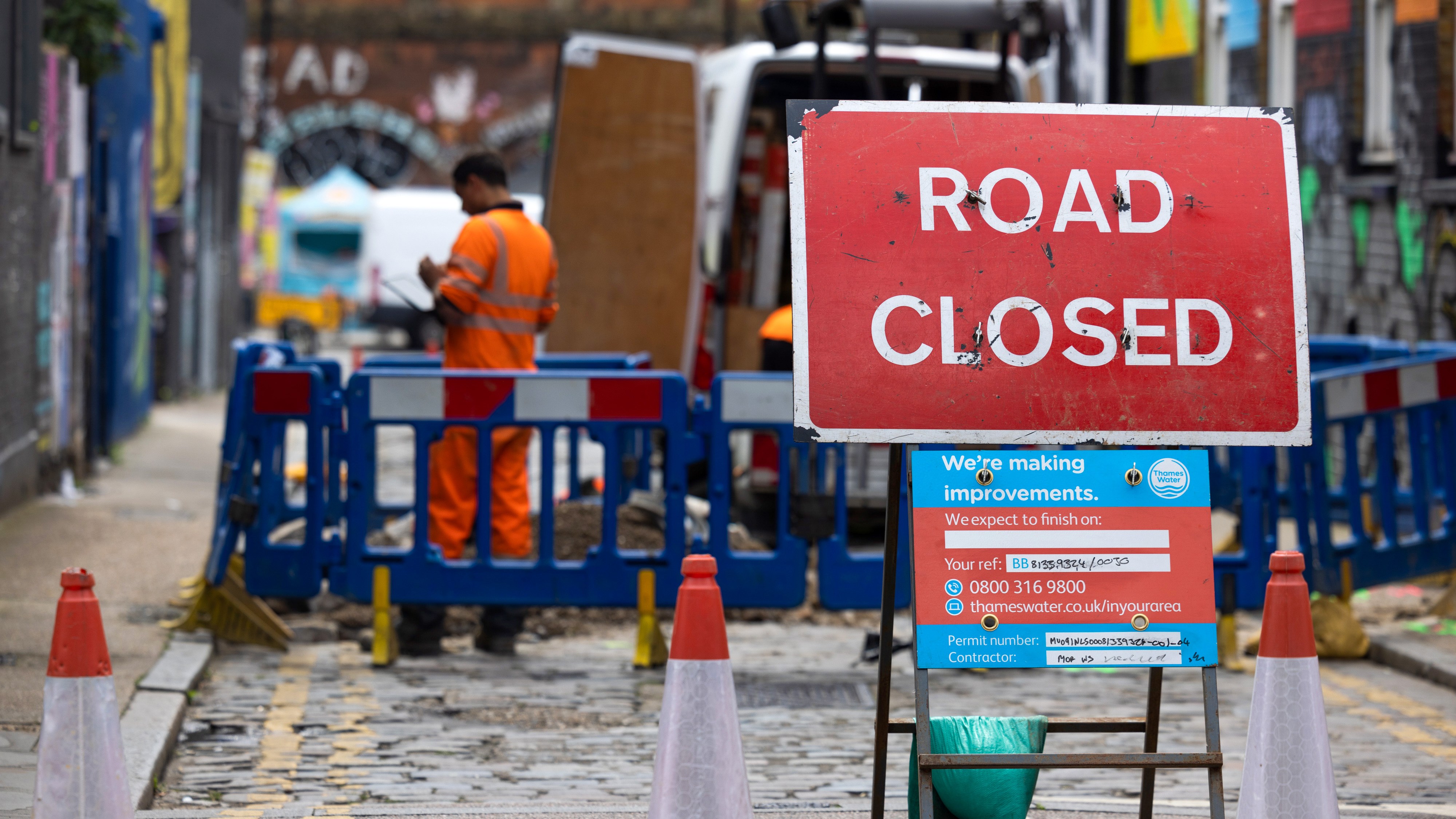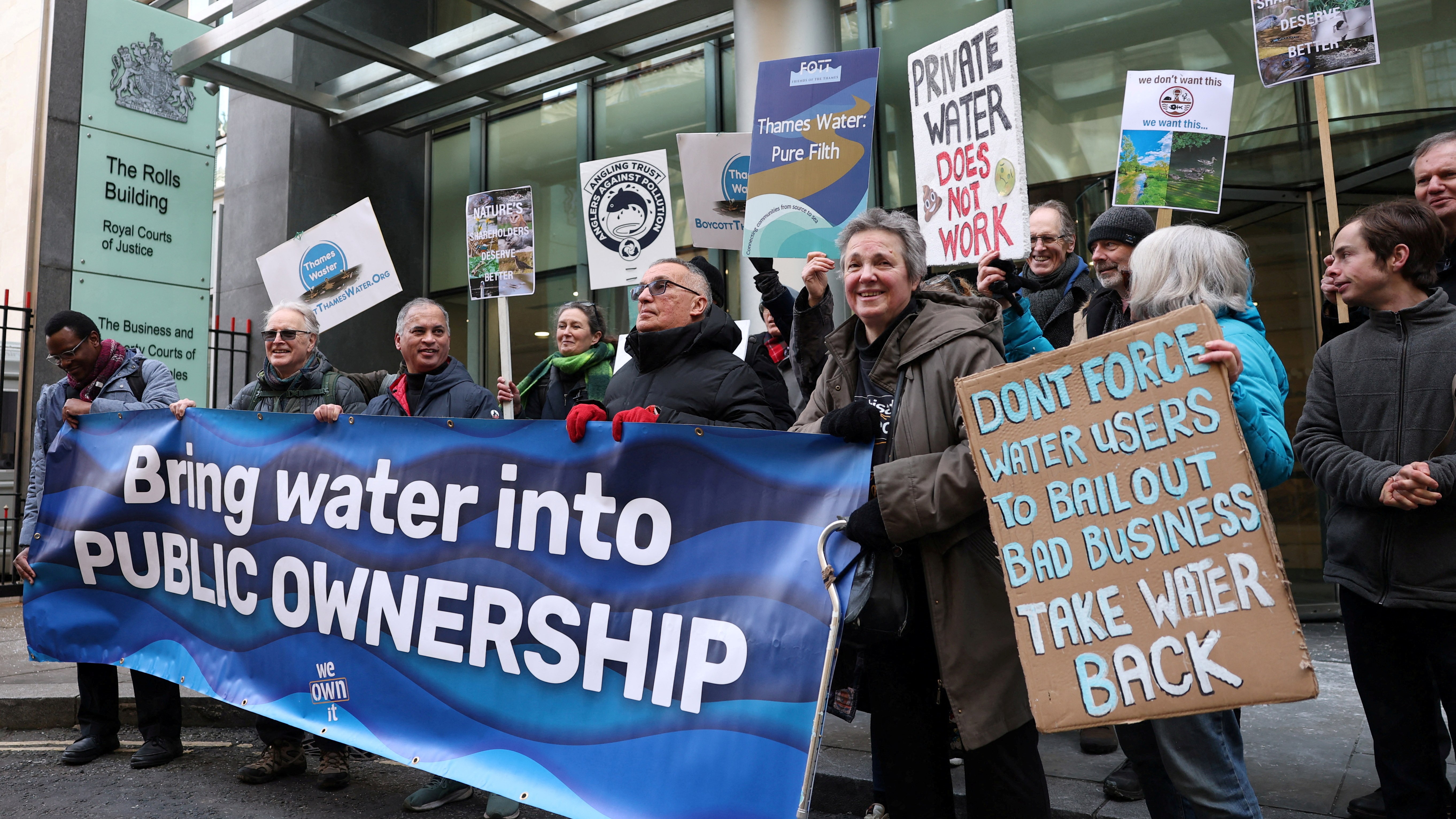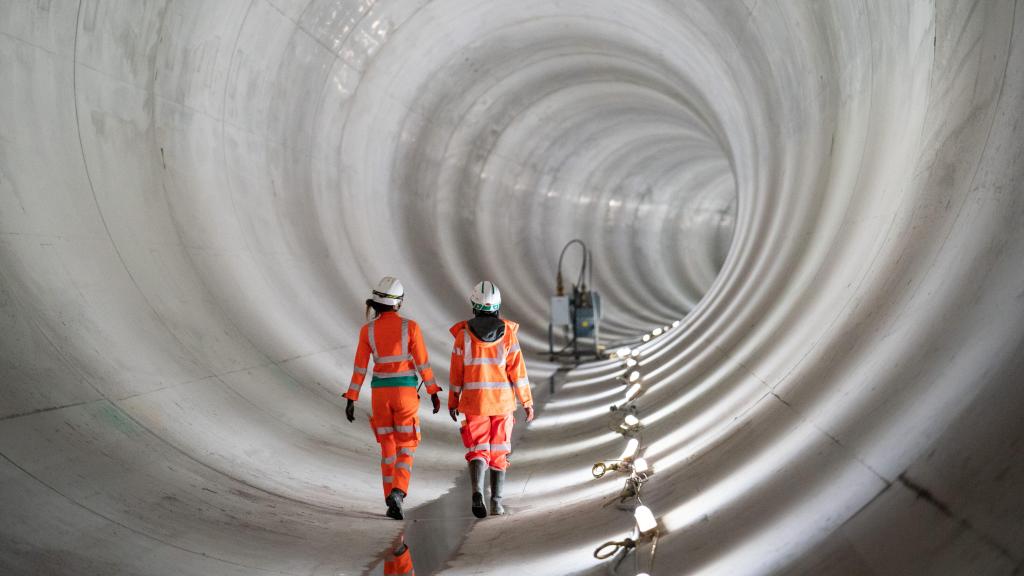Thames Water’s Future Uncertain Following KKR Exit from Rescue Deal
The fate of Thames Water as a privately-held entity is now in jeopardy after KKR, the American private equity firm, withdrew from a proposed £4 billion rescue acquisition.
KKR had been the sole preferred bidder tasked with revitalizing the company through a recovery plan, supported by an agreement to inject £3 billion in emergency bridging loans from a newly categorized group of ‘super senior’ creditors involved with Thames Water.
However, it has come to light that KKR’s exclusive position was not entirely secure, as a consortium of these super senior creditors had been collaborating with Thames Water’s board to formulate an alternate equity rescue strategy, prepping for the possibility of KKR’s withdrawal.
With KKR now out of the picture, the Thames board is looking to this creditor consortium for a last-minute strategy to prevent the appointment of special administrators, which would represent a temporary nationalization of the UK’s largest water supplier.
Concerns among stakeholders—including government officials and consumers—about a US private equity takeover are now compounded by the potential involvement of distressed debt firms like Elliott Management and Silver Point Capital. These firms typically seek to gain control of financially troubled companies by converting debt into equity and may not prioritize consumer interests.

This unfolding crisis hit the House of Commons swiftly, sparking tense exchanges. Shadow Environment Secretary Victoria Atkins criticized ministers for potentially alienating KKR through their negative discourse about the water industry. Environment Secretary Steve Reed, in response, defended his criticisms of water companies’ poor practices and questioned the prior Conservative government’s actions regarding the sector.
Reed, along with the Prime Minister and the Chancellor of the Exchequer, faces a challenging dilemma.
On one hand, they may reluctantly consider a takeover by what could be perceived as an aggressive group of American debt investors.
Alternatively, they could opt for a government-led rescue of Thames Water, which would greatly impact public finances, given the company’s debts nearing £20 billion and significant commitments for infrastructure repairs totaling another £20 billion over the next five years. This decision will also influence the broader landscape of privately-owned water companies in the UK.
Some advocacy groups claim that a substantial 82 percent of the public favors the renationalization of water companies, indicating that the UK stands out globally for allowing private ownership in this sector.

Ministers are becoming acutely aware of the diminishing credibility of the key players involved in this unfolding situation.
The Thames Water board, led by Sir Adrian Montague, has witnessed a troubling rise in pollution incidents during the past year, further tarnishing its reputation among the regional monopolies post-privatization.
Montague’s credibility has suffered to the point of ridicule in Parliament, where he was compelled to apologize after being accused of misleading MPs during a recent committee hearing.
Meanwhile, Ofwat, the regulatory body, faces accusations of complicity in Thames Water’s ongoing failures. Sir Jon Cunliffe’s recently released report on the water industry’s future regulation, although anticipated, got overshadowed by the latest difficulties faced by Thames, but it strongly conveyed that Ofwat has lost public confidence in its ability to manage the water sector effectively.
In the House, the environment secretary issued mixed signals, dismissing wholesale renationalization of the entire sector akin to Labour’s railway plan due to the substantial financial implications for the Treasury, while asserting that the government is prepared to act as needed regarding Thames Water.
A crucial decision appears imminent as the situation develops.




Post Comment